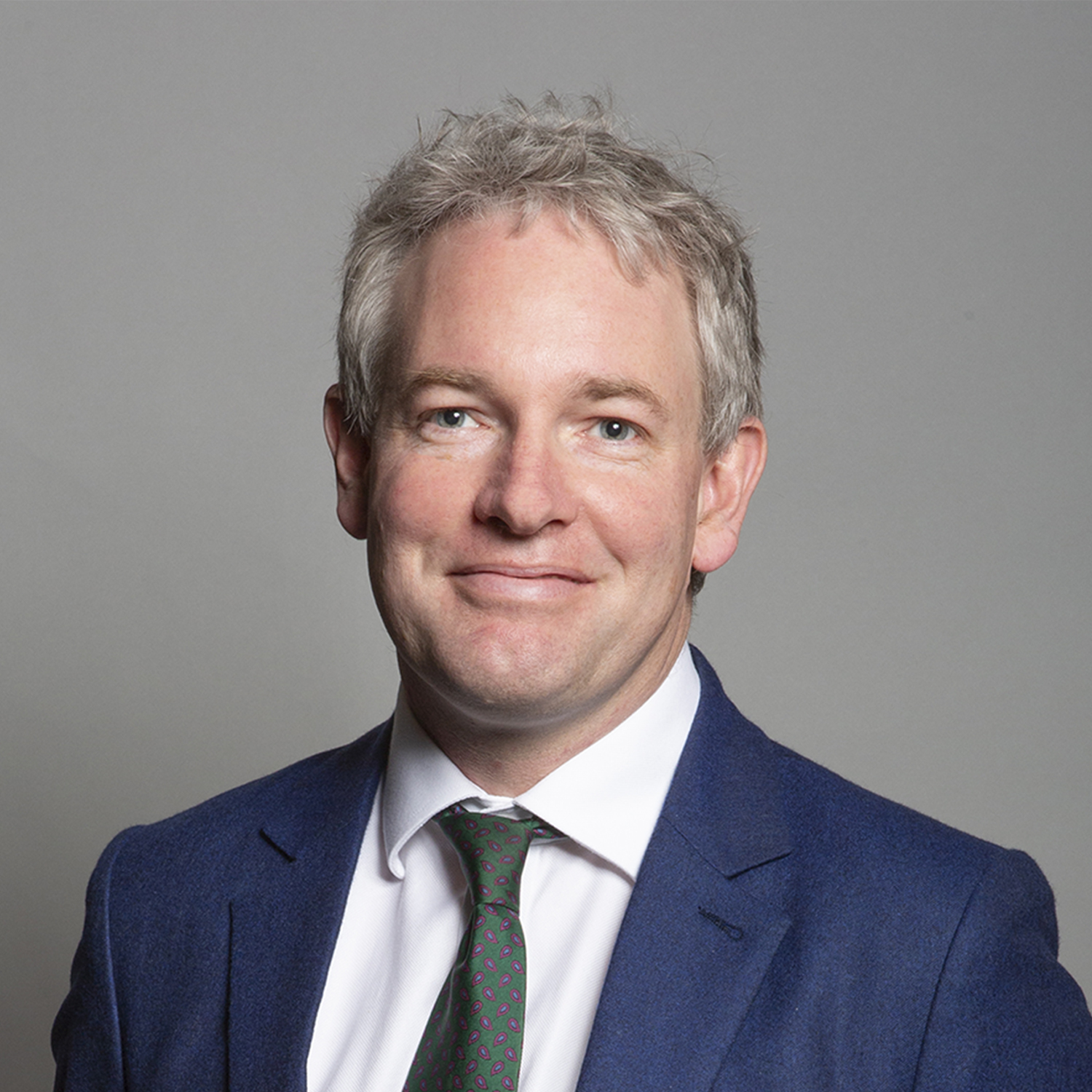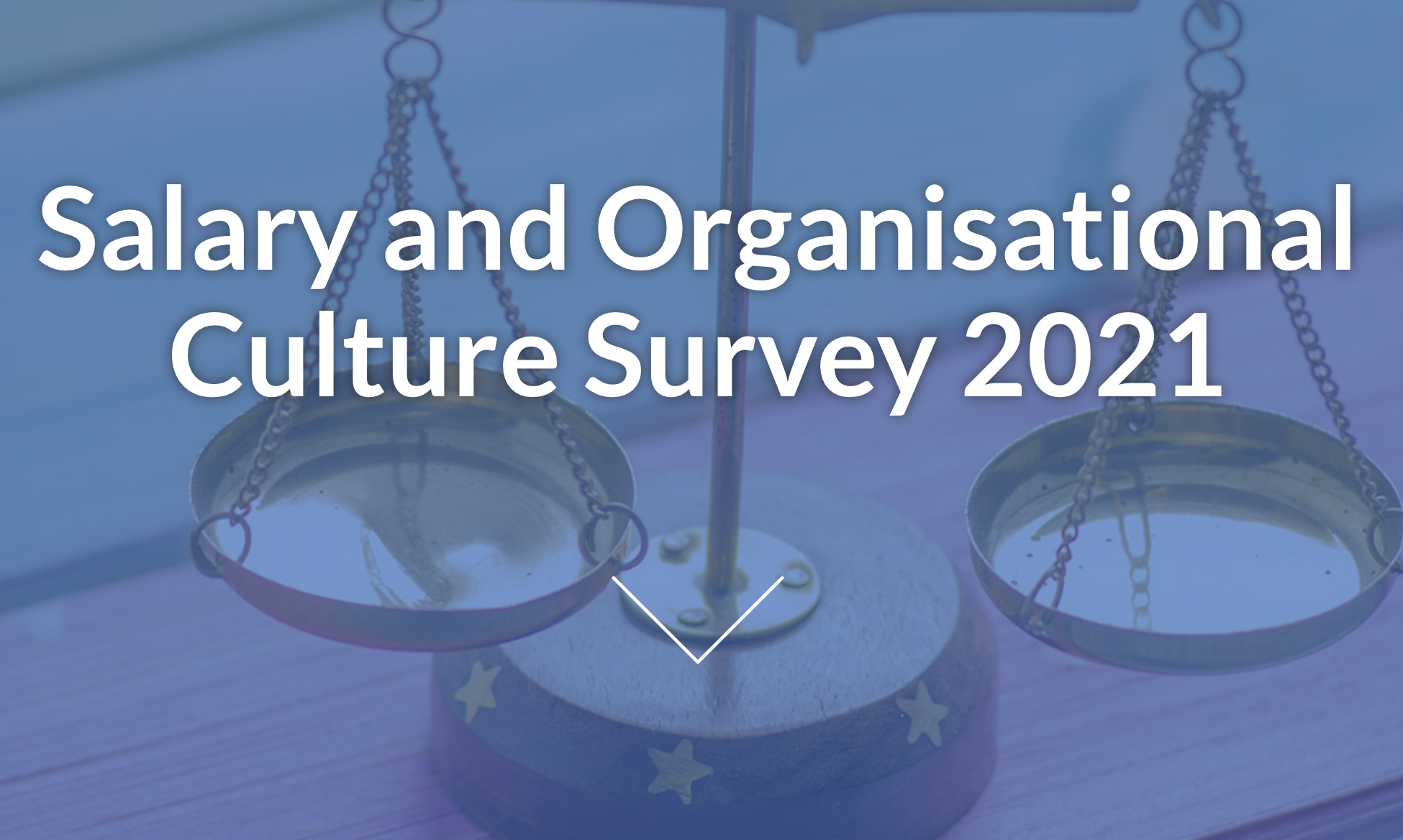The government has pledged to invest more than £900m on good causes through its Levelling Up White Paper.
This week’s White Paper has promised £44m in dormant assets to “support charities, social enterprises and vulnerable individuals”.
In addition, a further £880m will be spent on community, youth and social investment initiatives.
This includes a community wealth fund and a guarantee of support for young people. A consultation on this investment is to launch later this year.
New Philanthropy Capital (NPC) head of policy and external affairs Leah Davis said there are “some positive signs for the charity sector” in the government’s announcement this week. This includes announcements around dormant asset and community wealth fund money.
Other positive signs include “long term targets on crime reduction and closing the gap on life expectancy inequalities”, added Davis.
Among the White Paper’s missions is to narrow the life expectancy gap between the lowest and highest areas as well as cut crime rates, including serious violence by 2030.
Here @NPCthinks we'll be looking through the #LevellingUp White Paper in full when it's released today, but from the press release, we've spotted some positive signs for the charity sector. Funding through dormat assets...
— Leah Davis (@Leah_Davis) February 2, 2022
Another mission is to ensure 90% of primary school children to achieve expected standards in reading, writing and maths within eight years.
National Literacy Trust chief executive Jonathan Douglas said he is “pleased” to see this commitment and wants to ensure charities are involved in working with schools to improve attainment.
“We must not underestimate the scale of this challenge,” he added.
“The pandemic means we are facing an unprecedented national literacy challenge, exacerbating the challenge of levelling up, that can only be addressed by a holistic approach involving charities, businesses and communities working hand in hand with schools and teachers.”
Meanwhile, Locality chief executive Tony Armstrong said that the White Paper "could be the start of redressing our country’s deep inequalities".
However, it needs "community power to drive it forward", he said, adding that centralisation has been a "big part of the reason why there are such huge disparities of wealth, health and wellbeing in different areas of the country".
In announcing details of the White Paper, levelling up secretary Michael Gove said: “For decades, too many communities have been overlooked and undervalued. As some areas have flourished, others have been left in a cycle of decline. The UK has been like a jet firing on only one engine.
“Levelling Up and this White Paper is about ending this historic injustice and calling time on the postcode lottery.”
Youth sector funding
The government’s plans around funding the youth sector were unveiled earlier this week. This sees ministers commit to a National Youth Guarantee of access to support and services, backed by £560m in funding.
This includes reducing waiting lists for youth groups, rolling out the Duke of Edinburgh’s Award scheme to all state secondary schools and funding for the National Citizen Service has also been pledged.
In addition, the Youth Investment Fund will make £378m available to the most deprived parts of England and 300 youth centres will be built or refurbished over the next three years.
A promise of £22m in funding has been made for uniformed youth groups, including the Scouts and Guides to create 24,000 more places and recruit volunteers.
“In addition, the #iwill Fund will be able to continue getting young people involved in social action projects, which is expected to trigger tens of thousands of new volunteering opportunities,” said a statement from the Department for Digital, Culture, Media and Sport.
Focus on infrastructure
Analysis published last month by NPC revealed that only 2% of Levelling Up funding is being spent on combating social problems, with the majority funding infrastructure projects.
NPC says the public’s top expectations for funding are to reduce homelessness and poverty.
However, neither of these issues are a specific focus of the White Paper.













Recent Stories